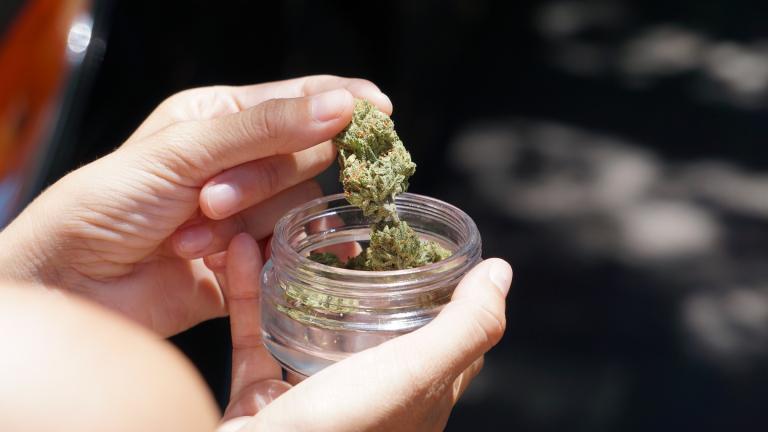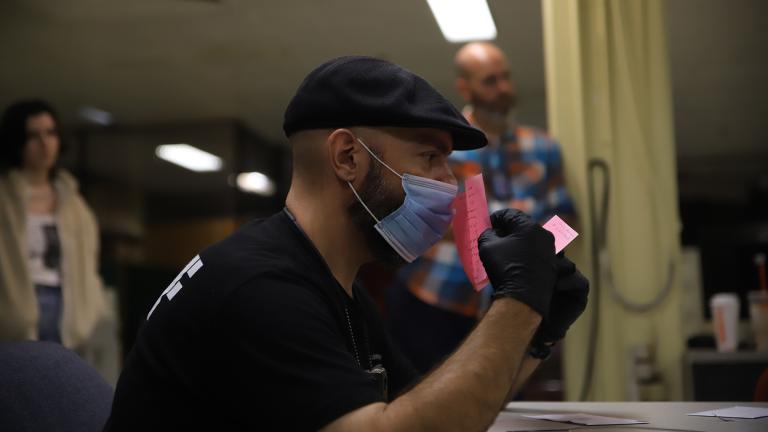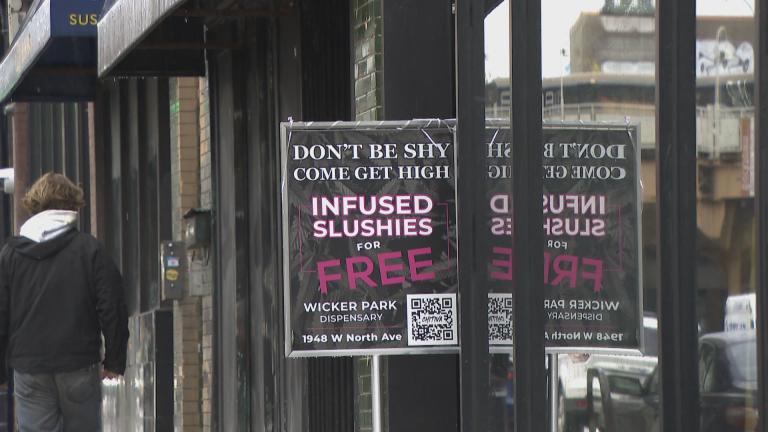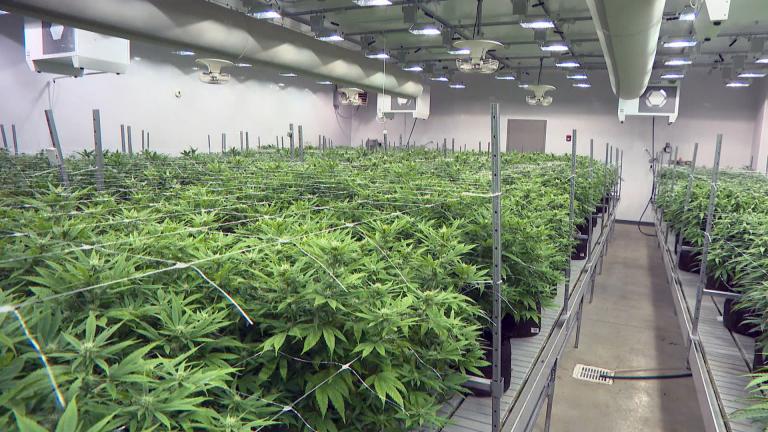
Since early March, 151 people in Illinois have experienced severe bleeding after using synthetic cannabinoids, according to the Illinois Department of Public Health. In three cases, the symptoms were fatal.
According to the department, numerous patients have tested positive for rat poison, which interferes with the body’s blood-clotting abilities. To counter this, patients are treated with intravenous or oral doses of vitamin K. Taken at high doses and over a period of several months, vitamin K can help restore the blood’s ability to clot.
But that treatment can be expensive. “These individuals will need to take up to 30 tablets a day for up to six months, which could cost several thousands of dollars,” said IDPH Director Nirav D. Shah in a statement Monday announcing a donation of nearly 800,000 tablets of vitamin K.
“This donation will allow every individual who has experienced severe bleeding, as well as any future cases, to receive lifesaving treatment free of charge,” Shah said.
IDPH worked with the Bausch Foundation, the independent charitable organization of Valeant Pharmaceuticals International, Inc. to secure the donation, according to a press release.
“I’m proud that the Bausch Foundation was able to respond to a call for help by arranging to donate this needed medicine, and we appreciate the efforts of the Illinois Department of Public Health, which will ensure the medicine is quickly provided to the patients who need it,” said Joseph C. Papa, chairman and CEO of Valeant and chairman of the Board of the Bausch Foundation, in a statement.
Health officials continue to urge people to avoid synthetic cannabinoids even if they’ve used them in the past without incident.
Often sold as Spice, K2 or fake weed, synthetic cannabinoids are man-made chemicals that act on the same brain cell receptors as the main active ingredient in marijuana (tetrahydrocannabinol, or THC), according to the Centers for Disease Control and Prevention. The drugs are not regulated and a steady flow of new ones, with unknown health risks, become available each year.
Anyone who has an adverse reaction to synthetic cannabinoids should call 911 or go immediately to the emergency department, according to IDPH. Officials also urge patients to inform health care providers about a possible link between their symptoms and synthetic cannabinoid use, and to share information about where they purchased the drugs.
Synthetic cannabinoids can be found throughout the state and U.S. in convenience stores, gas stations, novelty stores, drug paraphernalia stores and online, according to IDPH, which continues to investigate the outbreak.
Contact Kristen Thometz: @kristenthometz | [email protected] | (773) 509-5452
Related stories:
 3 Illinois Deaths Linked to Synthetic Marijuana Use
3 Illinois Deaths Linked to Synthetic Marijuana Use
April 9: Two Illinois men in their 20s and one in his 40s have died since March 28 after experiencing severe bleeding related to the use of synthetic cannabinoids, according to the Illinois Department of Public Health.
 Reports of Illness Linked to Synthetic Cannabinoid Use Surge in 2018
Reports of Illness Linked to Synthetic Cannabinoid Use Surge in 2018
April 6: In the first 95 days of 2018, there have been 111 cases of illness related to synthetic cannabinoid use in Illinois, according to the Illinois Poison Center. Episodes of severe bleeding are driving the bulk of that increase.
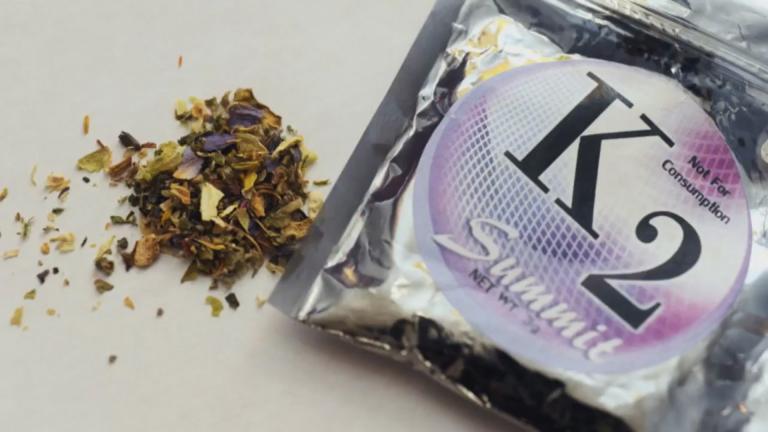 70 Cases of Severe Bleeding in Illinois Linked to Synthetic Marijuana Use
70 Cases of Severe Bleeding in Illinois Linked to Synthetic Marijuana Use
April 3: Health officials on Tuesday are again urging people to avoid synthetic cannabinoids – even if they’ve used them in the past without incident. The drugs “are not a safe alternative to marijuana” and “probably more toxic,” said Illinois Poison Center Medical Director Mike Wahl.


